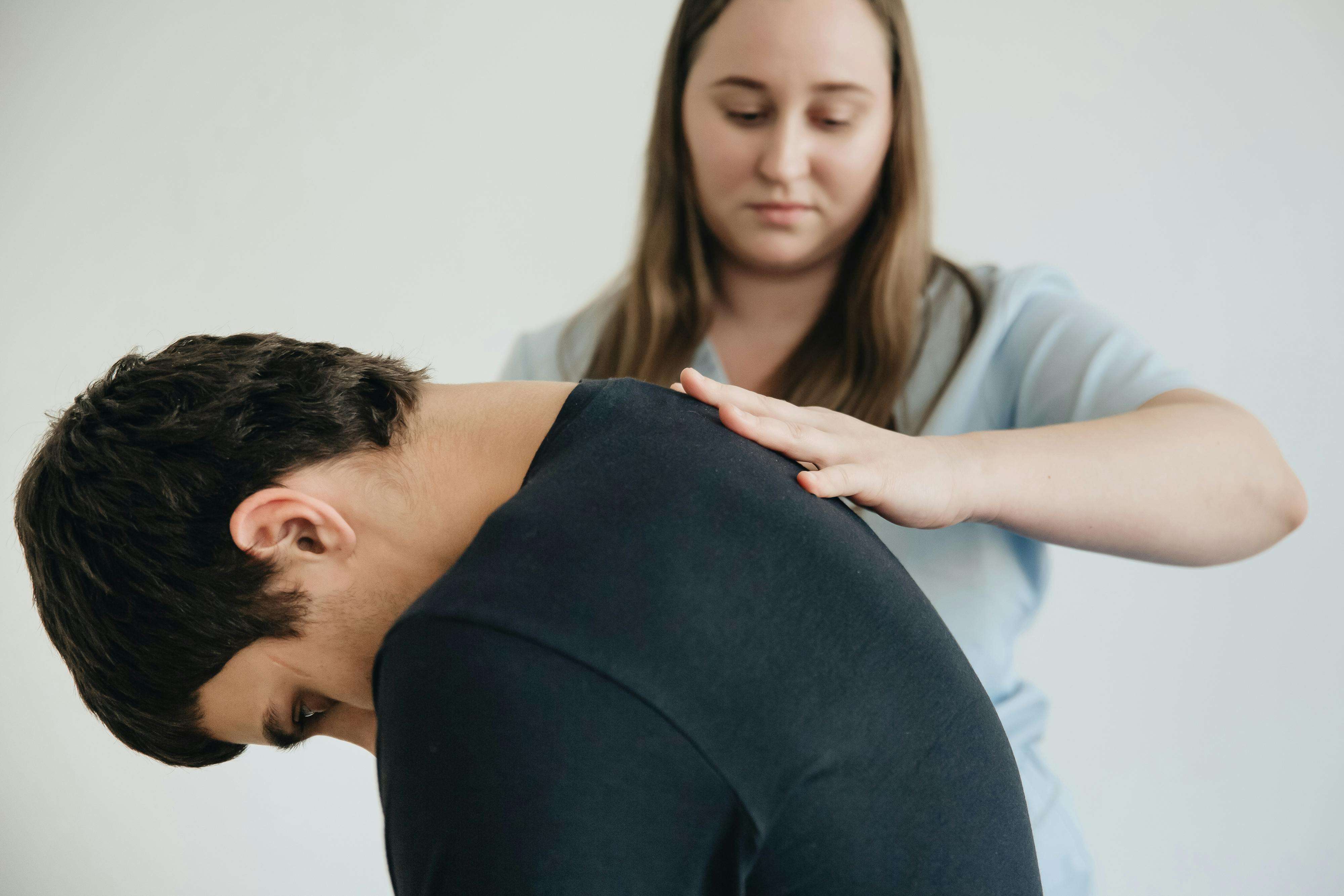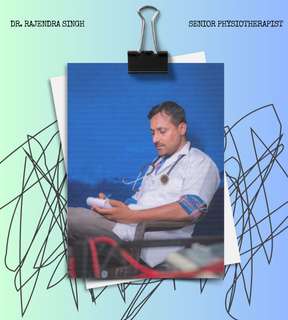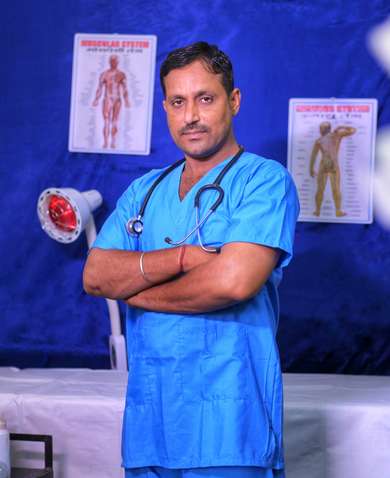
When 52-year-old Meera Sharma walked into Dr RSN Clinic three weeks after her total knee replacement surgery, her steps were hesitant, her knee stiff, and her confidence low. She had undergone surgery following years of debilitating osteoarthritis that had left her reliant on painkillers and limited in daily activities. Her goal? To walk independently, climb stairs, and return to her evening walks in the neighborhood park—all without fear or discomfort.
Her journey began with a detailed post-operative assessment. We noted reduced range of motion in her right knee, muscle atrophy in the quadriceps, and compensatory gait that was putting strain on her hip. Her plan was crafted with precision: a phased rehabilitation program focused on pain relief, strength building, flexibility, and gait retraining.
The first stage involved gentle joint mobilizations, isometric strengthening, and pain management using cryotherapy and TENS. Gradually, she moved on to active knee flexion-extension exercises, resistance training for the quadriceps and hamstrings, and balance drills using a wobble board to regain proprioception. What truly made the difference was her commitment and trust in the process. By the third week of active therapy, Meera had regained 90 degrees of flexion and started walking short distances unaided. With progress tracking and weekly goal-setting, her motivation never waned.
By week eight, Meera not only climbed a flight of stairs on her own—she did so with a beaming smile. Her range of motion reached 120 degrees, her strength was nearly symmetrical, and her gait returned to a normal pattern. Most importantly, she felt confident and capable in her own body again.
Rebuilding strength, one step at a time
We combine clinical expertise with personalized care to speed up your healing and boost long-term performance. With a focus on safety, technique, and progress, your recovery journey is in trusted hands.

After undergoing major knee surgery, the patient faced significant mobility challenges and physical limitations. Through a carefully tailored physiotherapy plan including targeted exercises, manual therapy, and consistent monitoring
- Initial Consultation & Assessment
- Rehabilitation & Recovery Support
- Progress Tracking & Adjustments
- Home Exercise Recommendations
Personalized treatment approach
We combine clinical expertise with personalized care to speed up your healing and boost long-term performance. With a focus on safety, technique, and progress, your recovery journey is in trusted hands.
Initial evaluation
We began with a comprehensive assessment to understand.
Tailored exercise plan
We began with a comprehensive assessment to understand.
Empowering You Through Movement
We believe that healing isn't just about recovery it's about regaining confidence in your body. Our expert team supports you every step of the way, helping you rebuild strength, restore mobility, and return to the activities you.

Step 01
We believe that healing isn't just about recovery it's about regaining confidence in your body.
- we're with you every stage of your journey.

Step 02
It's not just about fixing what's wrong—it's about helping you rediscover what your body is capable of.
- we're with you every stage of your journey.

Step 03
At Dr RSN Clinic, recovery means more than relief—it means unlocking the freedom to move, live, and thrive.
- we're with you every stage of your journey.
Frequently asked question
Physiotherapy, also known as physical therapy, is a healthcare profession focused on restoring movement, function, and overall well-being through evidence-based techniques. It helps individuals recover from injuries, manage chronic conditions, and improve mobility using manual therapy, exercise, and specialized treatments.
In most cases, you do not need a doctor's referral to begin physiotherapy. Physiotherapists are primary healthcare providers, meaning you can directly book an appointment without prior approval.
A typical physiotherapy session lasts 30 to 60 minutes, depending on the treatment plan and individual needs. The duration may vary based on the severity of the condition, the techniques used, and the patient's recovery goals.
The number of physiotherapy sessions you need depends on various factors, including the severity of your condition, your body's response to treatment, and your recovery goals. Minor injuries may require just a few sessions to alleviate pain and restore function, while moderate issues typically need a structured approach over several weeks to ensure lasting improvement.






